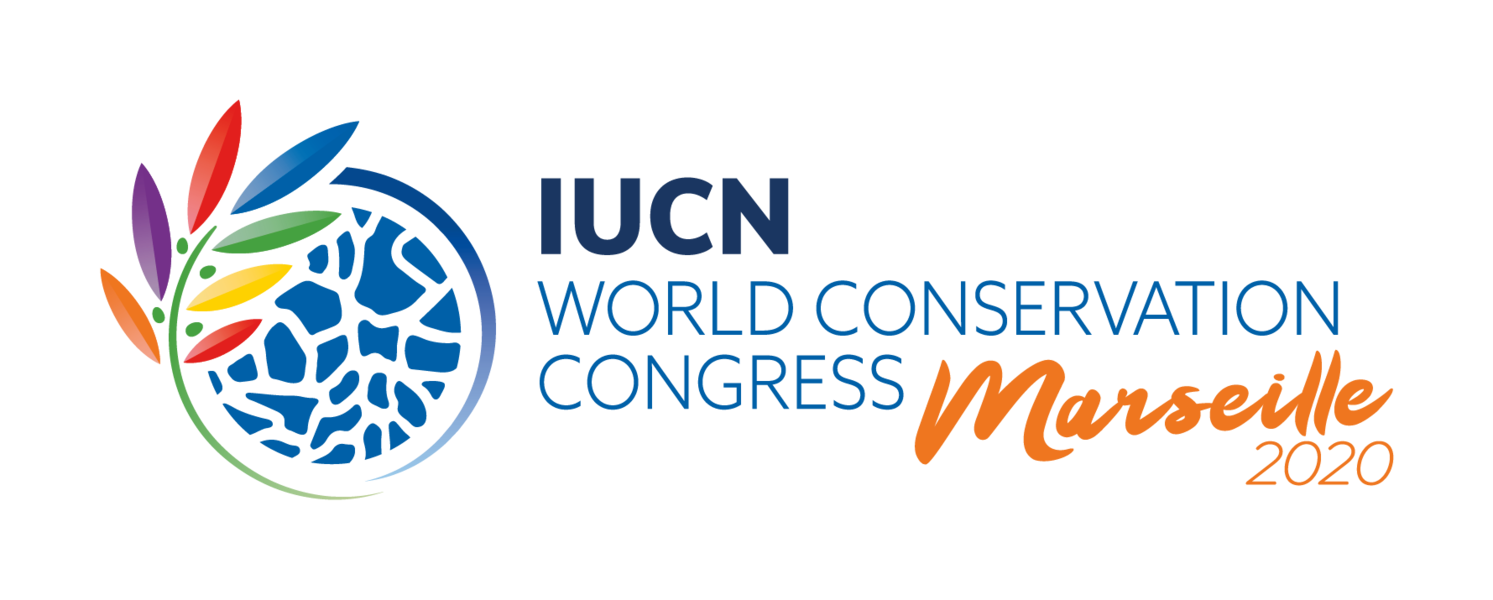
This Saturday September 4th, I”ll be joining the International Union for Conservation of Nature (IUCN Wolrd Congress’ Supporting Indigenous peoples in Defending Nature and Traditions with Geospatial Technologies panel to discuss how our Open Knowledge Kit Regeneration Program provides life saving employment, strengthens local knowledge stewardship and provides better quality real-time data, and industry-leading mapping analytics, disaster and climate change modeling with free and open source tools.
Saturday September 4th at 13:30 – 15:30 GMT+2 | 5:30am PST| 8:30pm PHT
Session Description
Evidence from across the globe shows that Indigenous peoples and local communities (IPLCs) are effective stewards of nature, yet they are constantly faced with threats from outside interests and their voices are often marginalized in decision-making processes. IPLCs frequently lack consistent and timely access to the data, technologies, and resources necessary to effectively gain official recognition of and uphold their land rights and monitor new threats to nature and their livelihoods. In this campus session, speakers will share their experiences from applying and designing innovative geospatial technologies and learn about the current suite of geospatial tools designed to increase access and use by diverse conservation actors. One key outcome of this session will be an action plan to improve knowledge exchange of ideas, capacity-building resources, and accessible geospatial technologies appropriate for Indigenous-led mapping and monitoring.
Speakers:
Keynote Speaker: Melanie Goodchild, the founder of the Turtle Island Institute
Session host: James Rattling Leaf Sr., GEO Indigenous Alliance
Presenter #1: Giovanni Soliman Bete Reyes, Philippine Indigenous Peoples Community Conserved Territories and Areas Consortium
Presenter #2: Celina Agaton, Fil-Canadian founder, MapPH
The International Union for Conservation of Nature (IUCN) World Conservation Congress takes place on Septembe 3-11, 2021. The IUCN World Conservation Congress is where the world comes together to set priorities and drive conservation and sustainable development action. IUCN’s 1400+ government, civil society and indigenous peoples’ Member organisations vote on major issues, action which guides humanity’s relationship with our planet for the decades ahead. IUCN’s unique and inclusive membership gives the Congress a powerful mandate as it is not solely government or non-government, but both together.
IUCN was created in 1948, and has evolved into the world’s largest and most diverse environmental network. It harnesses the experience, resources and reach of its more than 1,400 Member organisations and the input of some 13,000 experts. IUCN is the global authority on the status of the natural world and the measures needed to safeguard it. Our experts are organised into six commissions dedicated to species survival, environmental law, protected areas, social and economic policy, ecosystem management, and education and communication.
The Congress is also the largest marketplace for conservation and sustainable development science, practice and policy. Scientists, policy experts, business leaders and professionals from around the globe: share their experience, innovation and latest research.
- 8 days
- 1000+ participants
- 1300+ interactive sessions
- 160+ countries represented
- 100+ motions decided
- 4 high-level dialogues
- 8 days
- 1000+ participants
- 1300+ interactive sessions
- 160+ countries represented
- 100+ motions decided
- 4 high-level dialogues